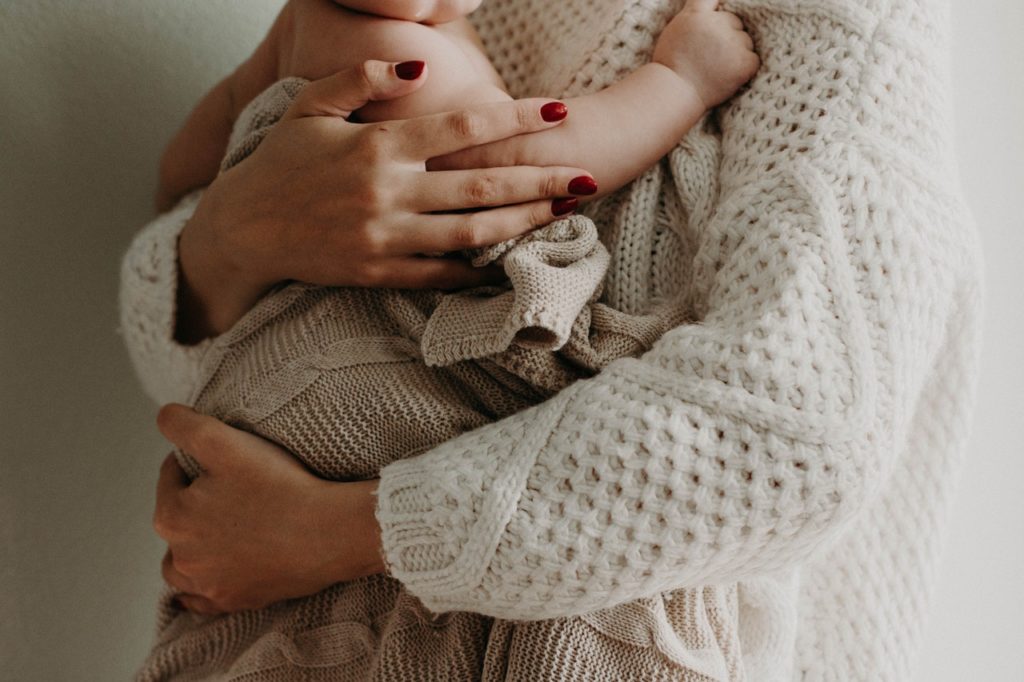Motherhood is a beautiful, fulfilling, and irreplaceable journey—but there’s no denying that it requires so much sacrifice. It will significantly impact our physical, mental, emotional, and spiritual health, both for better and worse. It takes a toll on our bodies in ways that we can’t really count, and two of the body parts that get most affected by pregnancy are women’s hair and teeth. Luckily, there are a few tried-and-tested ways to combat these issues during pregnancy and even after it.
How pregnancy affects teeth and hair
When you’re pregnant, changes in hormones can significantly increase the acidity in your mouth, which can cause cavities. Your cravings can also play a part since additional sugar intake can be harmful to your dental health. The bones and ligaments in your mouth may also loosen, which can cause slight wiggling in your teeth. In the third trimester, a mother-to-be’s inflammatory response can cause plaque and bacteria that cling to the teeth, leading to bleeding and swelling of the gums.
Hair loss can also occur due to major hormonal shifts that the body goes through during pregnancy. The first trimester is often very stressful for the body as the hormones shift dramatically in support of the growing baby. Some mothers may experience hair shedding and hair thinning due to extreme stress or shock. This is a condition called telogen effluvium. It doesn’t happen to every woman, but it does affect a few moms-to-be.
How to Prevent Dental Problems
1. Make an appointment with a trusted dentist in your area. Find someone accessible, especially in a pandemic, so that you can visit easily and regularly during the duration of your pregnancy. Have your teeth cleaned and checked for any oral health issues that need to be treated in advance. Tell your dentist about your pregnancy, so they can help you circumvent any problems that may arise.
2. If you’re the type to suffer from morning sickness, your teeth and rinse your mouth thoroughly after throwing up. Ask your dentist to recommend bland-tasting toothpaste brands if you find regular toothpaste to be too strong.
3. Make a habit of eating right not just for your baby but also for your dental health. Since craving sweets is a common symptom of pregnancy, find healthier options like fruits instead of reaching for chocolates. A healthy and balanced diet will also go a long way in protecting your baby’s teeth.
How to Prevent Hair Loss

1. One of the best ways to prevent postpartum hair loss is to eat right. Biotin is also known as Vitamin B7, making it a part of the Vitamin B family. It is often connected to healthy hair growth. Biotin-deficiency is linked to hair loss, but its ability to strengthen hair growth needs more research to back it up. While waiting for more science-backed evidence, it can’t hurt to add more biotin-rich foods into your daily menu, especially since many of them still carry other nutrients like protein. Some foods you should stock up on to get your daily dose of Vitamin B include egg yolks, salmon, dairy products like cheese, milk, and yogurt, sweet potatoes, nuts, and seeds.
2. Find ways to reduce your stress. Of course, it’s always easier said than done, especially since we always want the best for our new baby and want to watch over them as much as we could. But don’t give up too easily; allow yourself some proper sleep by doing shifts with your partner and asking for help from family and friends you trust. Indulge yourself in a good book or Netflix show, or allow yourself to de-stress by meditating or doing a yoga session. Stress reduction is different for everyone, so find what gives you peace and a sense of rest, even for a few hours a week.
3. Limit hair styling to a minimum. Too much tugging and hot tools can greatly impact your hair growth. Dyeing is also not an option at this point. So leave your hair be at least for a few months, tie it up in a cute loose ponytail, and allow it to heal naturally.
Consult with Your OB-GYN
And last but certainly not least, and perhaps the most important part: Consult with your OB-GYN. They know the ins and outs of negative pregnancy effects and how to combat them. You also have the bonus of having a solid treatment plan that’s specifically catered to your needs and issues. So talk to them about what symptoms you’re experiencing and what fears you’re having, and allow them to help you fight these symptoms in healthy and scientifically-proven ways.

